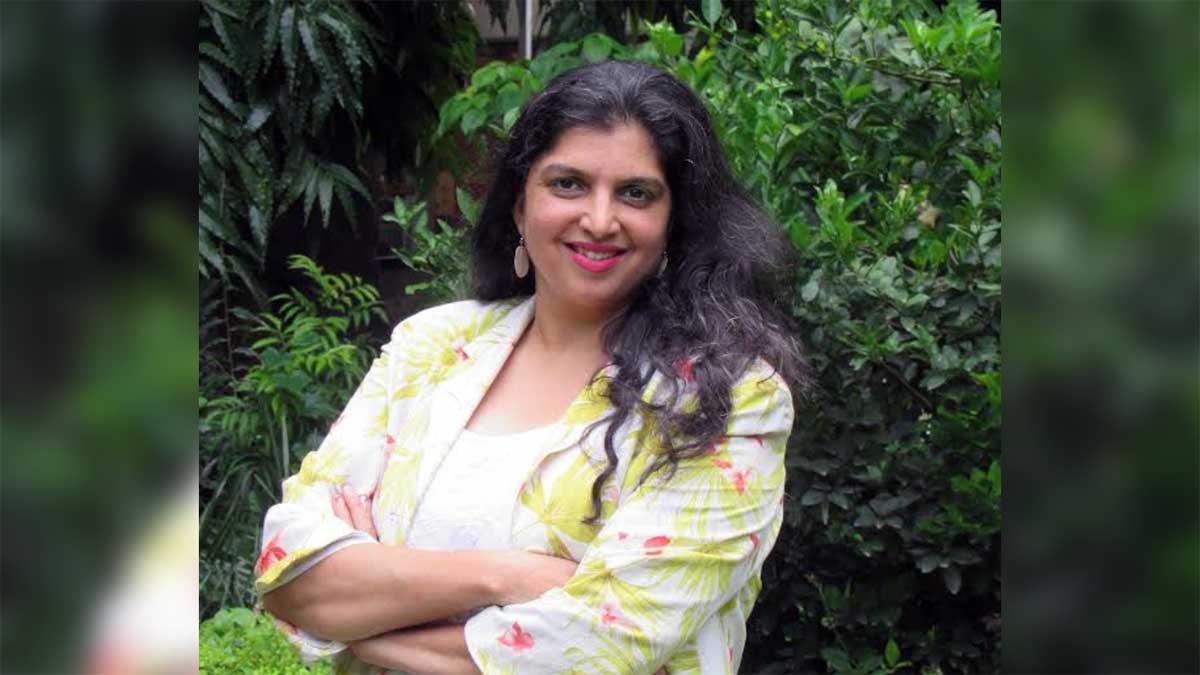Green Business
Jyotsna Kaur Habibullah is the CEO of Lucknow Farmers Market, champions sustainable livelihoods, women’s empowerment, and eco-conscious living, blending over 20 years of global marketing expertise with a deep commitment to rural development across India
Q: What sparked the idea for the Lucknow Farmers Market, and how has it grown?
It started as a need for my children and me and a simple dream—to bring people closer to the hands that grow their food. We wanted a space where farmers, artisans, and conscious shoppers could meet, not just for transactions but for real connections. What began as a small gathering has now turned into a monthly ritual for our community. People come not just for fresh, chemical-free veggies or handmade goods, but for the stories behind them. It’s amazing to see how a little idea can grow roots.
Q: Tell us about the “Sustainable September Challenge.” Why does it matter?
Some people think sustainability can feel overwhelming, as though you need to overhaul your entire life. But it’s the little things that add up. The challenge is about taking one small step each day: Segregating garbage, recycling plastic, swapping plastic bags for cloth, trying a seasonal recipe, or repairing something instead of tossing it. Wouldn’t it be a good science project for school-going children? My boys and I have repaired light fittings, mosquito and fly repellent machines, and more. It’s not about perfection; it’s about progress. And what better way to wrap up the month than with our September 7th market, where people can see these ideas come to life?
Q: What’s special about the September 7th market?
Imagine biting into a tomato that was picked that morning, chatting with the farmer who grew it, or discovering soap made by a local entrepreneur from Barabanki using traditional herbs. There’ll be workshops too—like how to turn kitchen scraps into compost - which is easier than you think! It’s not just shopping; it’s a whole experience.
Q: Why is eating local and seasonal so central to LFM?
Have you ever compared a supermarket strawberry in December to one grown nearby in season? The difference is night and day—in taste, freshness, even nutrition. When we eat seasonally, we’re working with nature, not against it. Plus, every rupee spent locally stays in the community, helping real people, not corporations. It’s a win-win all the way.
Q: You also talk about slow fashion and buying less. How does that fit in?
Sustainability isn’t just about food—it’s about everything we bring into our lives. Fast fashion drains resources and exploits workers, but slow fashion celebrates craftsmanship. At LFM, you’ll meet weavers, embroidery artisans, and craftspeople who’ve spent decades honing their art. Their pieces might cost a bit more, but they tell a story and last forever. It’s about valuing quality over quantity.
Q: What would you say to someone who thinks sustainability is “too hard”?
Start with one thing. Just one! Carry a reusable steel water bottle. Buy potatoes from the farmer down the road. Grow dhaniya in your kitchen window. Small steps build habits, and habits create change. Our market is proof—you don’t have to be a zero-waste warrior to make a difference. Come, explore, and see how easy and fun it can be! Make friends along the way, too.
Q: What’s your big dream for LFM?
I’d love to see this model spread—to see cities across India buzzing with markets like ours, where communities thrive and the planet breathes easier. Every time someone chooses local, seasonal, or handmade, they’re voting for a kinder world. And that’s a future worth growing.
















Leave a comment